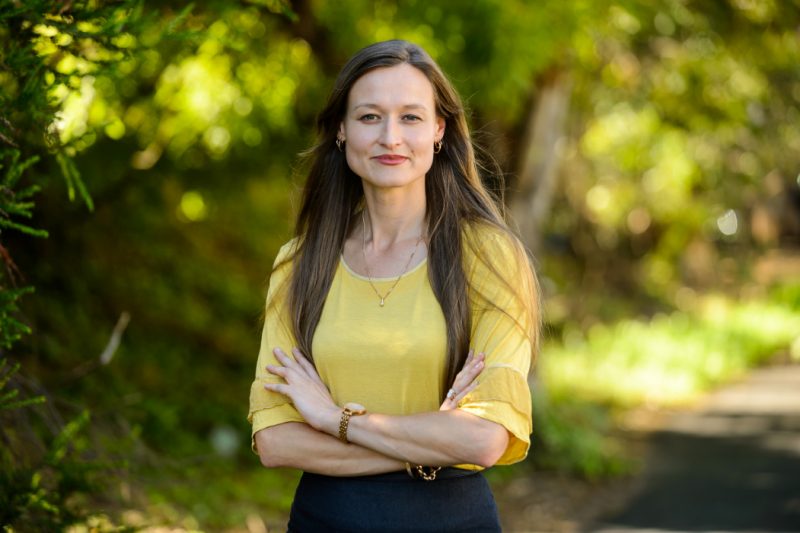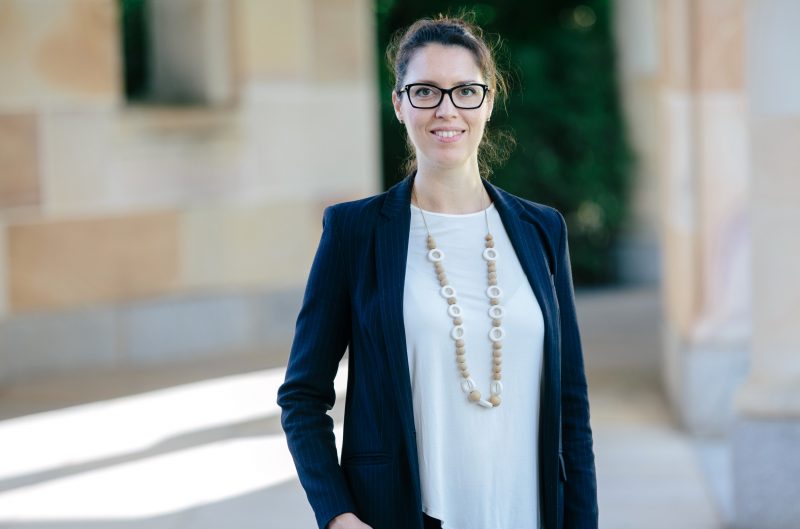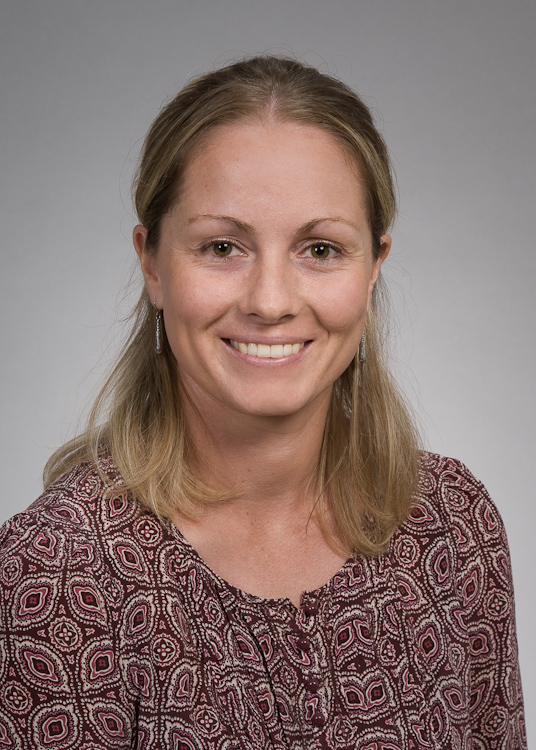Four of Australia’s best young researchers have been named recipients of the 2019 Paul Bourke Awards for Early Career Researcher by the Academy of the Social Sciences in Australia.
Academy President Professor Jane Hall said that the recipients had been selected from an extremely talented field of applicants.
“These young researchers are working at the very highest level to address some of the critical challenges facing our society today,” said Professor Hall.
“They are deserving winners of this award, and join a very select list of previous recipients; many of whom have gone on to make a mark at the highest levels of public life.
The Paul Bourke Award for Early Career Research honours social science researchers in the first part of their careers. It is named in honour of the late Professor Paul Bourke, an influential political historian who served as Academy President from 1993 to 1997.
The 2019 recipients are:
- Dr Elise Klein OAM from The University of Melbourne who works on designing better social interventions in disadvantaged communities.
- Dr David Frazier from Monash University who is developing new economic and statistical approaches to understanding complex behaviours
- Dr Rebecca Ananian-Welsh from the University of Queensland whose work has improved our understanding of press freedom, national security and the protection of fair trial rights.
- Dr Melissa Day from the University of Queensland who works on optimising treatments for chronic pain.
The four researchers will receive their awards at an Academy dinner in Canberra on 12 November, and will give public talks on their research in different parts of Australia over the coming year.
More information about the Paul Bourke Awards and past recipients can be found here.
About the recipients
Dr Elise Klein OAM, The University of Melbourne
 Dr Elise Klein’s ground-breaking research centres on the role of behaviouralism, technology and appeal to psychological expertise in design of development interventions. This research, together with her critique of approaches to Indigenous welfare policy that make access to social support conditional on behavioural and psychological change, has garnered national and international recognition. Dr Klein’s research and practice are premised on taking full account of the complex intersections between colonial pasts and present, post-colonial legacies, settler colonial realities and failed development initiatives. The excellence of her academic contributions is reflected in collaborations with outstanding scholars across continents. Dr Klein regularly informs public policy, appearing before Senate Enquiries into the Cashless Debit Card, Community Development Program and Indigenous youth suicide.
Dr Elise Klein’s ground-breaking research centres on the role of behaviouralism, technology and appeal to psychological expertise in design of development interventions. This research, together with her critique of approaches to Indigenous welfare policy that make access to social support conditional on behavioural and psychological change, has garnered national and international recognition. Dr Klein’s research and practice are premised on taking full account of the complex intersections between colonial pasts and present, post-colonial legacies, settler colonial realities and failed development initiatives. The excellence of her academic contributions is reflected in collaborations with outstanding scholars across continents. Dr Klein regularly informs public policy, appearing before Senate Enquiries into the Cashless Debit Card, Community Development Program and Indigenous youth suicide.
Dr David Frazier, Monash University 
Dr David Frazier received his PhD in Economics from the University of North Carolina (Chapel Hill) in 2014 and since then has made significant contributions in econometrics and statistics, and in particular to the construction of statistical methods capable of producing reliable inference in the complex models needed to describe the behaviour of individuals, and institutions. The significance of David’s research is evidenced by the quality of the outlets to which his research has been submitted: over 80% of his publications and revisions are in outlets with the highest possible Australian Business Deans Council ranking. Dr Frazier’s research led to a successful 2017 Australian Research Council Discovery project that analysed statistical techniques commonly employed in complex models. He has presented his research at numerous international and domestic institutions, and has given invited presentations at prestigious conferences including the Joint Statistical Meetings, International Society for Bayesian Analysis and Australian Statistics Conference.
Dr Rebecca Ananian-Welsh, The University of Queensland

Dr Rebecca Ananian-Welsh’s research has helped to advance our understanding of press freedom, national security and the protection of fair trial rights. Within just a few years of completing her PhD, she has co-authored book, two co-edited collections, 14 articles and book chapters with leading international publishers, and secured funding totalling more than $150,000. Her expertise has been sought by successive parliamentary inquiries and committees looking into national security and human rights and her research has directly informed policy debate on these issues. The public engagement and impact of her work is clear through considerable citations of her work (relative to opportunity), the extraordinary interest in her Conversation pieces (89,000 readers of her latest work) and (inter)national media coverage. Rebecca has an outstanding track record that surpasses many of her early-career peers making her an inspirational role model and likely future leader.
Dr Melissa Day, The University of Queensland
Dr Melissa Day’s research focuses on optimising treatments for chronic pain, which is a prevalent, debilitating and costly condition. The impact of her research is evidenced by invited keynotes and 32 articles on pain management cited 473 times (Scopus 5/19). In the area of Pain Medicine: >91% of her articles are published in the top 10% of journals; her citations are >2 times above the field-weighted world average (SciVal 1/19). Her research has been continuously funded since her first clinical trial as a PhD student, with total awarded grant funding of >$350,000 AUD and >$8.6 million USD. Her on-going collaborations with US-based researchers and with Academy Fellow Professor Jason Mattingley expand her research to address the interface between the psychological and neuroscientific bases of pain management. Thus, the mechanisms underlying the temporal developmental sequence of maladaptive neural plasticity in chronic pain can be addressed and their reversal modeled.